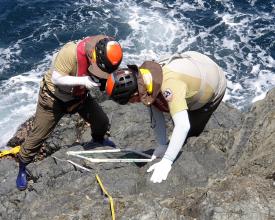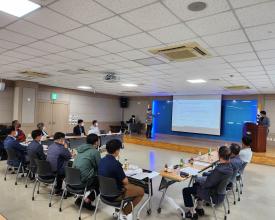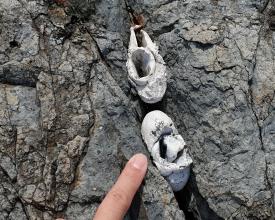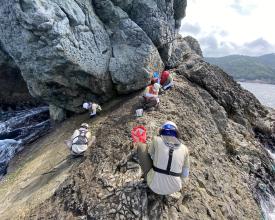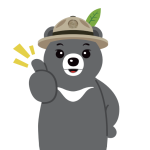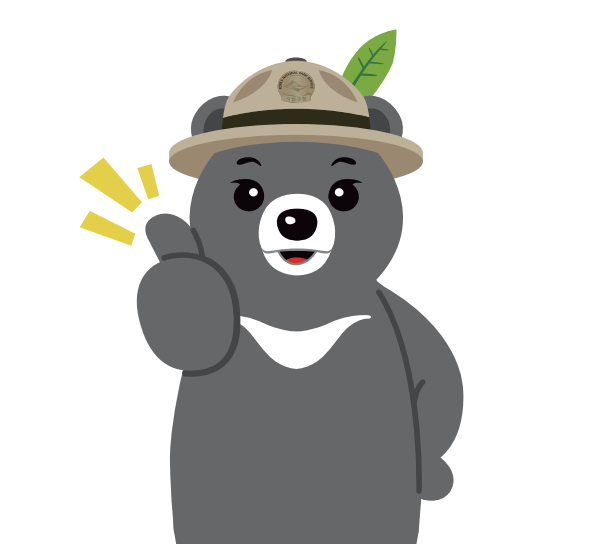
Ecosystem Restoration Program for Seashore Rocks
Snapshot Solution

Monitoring_change in ecosystem
Korea National Park Service(KNPS)
Increasing opportunities for leisure activities, as well as television programs have continuously boosted interest in fishing in national parks.
This has caused several issues, namely degradation of rocks on the seashore, and the surrounding ecosystems, as well as conflicts between non-resident fishers and local fishers.
The KNPS persuaded local fishers and fishing associations and succeeded in introducing the country’s first “Ecosystem Restoration Program for Seashore Rocks”. It aimed to safeguard the marine ecosystem of protected areas from fishing activities and ensure sustainability of fishing grounds. The program was first piloted in Geomundo Island from Sep 2021 to Oct 2022.
Last update: 01 Dec 2023
590 Views
Context
Challenges addressed
Location
Geomundo Island, Jeollanam-do Yeosu-si Samsan-myeon Geomun-ri, Yeosu, Jeollanam-do, South Korea
East Asia
Impacts
The KNPS strictly prohibited entry of fishers into the protected zone, and organized 17 rounds of cleanups, together with local fishers and fishing associations, removing 300kg of lead waste and 800kg of fishing-related waste stuck in the seashore rocks. A consultative body was also formed.
The Korea National Park Research Institute regularly monitored the areas designated as protected or experience zones to keep observing the level of pollution on the seashore rocks and any change in the overall health of their ecosystems.
According to the monitoring results, the program led to a 37% reduction in the pollution level of the seashore rocks and a 58% increase in the inhabitation density of some species residing on the seashore rocks, such as barnacles.
In addition, as part of the experience zone program, local fishers were allowed to charge non-resident fishers a fee for fishing in the fishing grounds while locals managed safety of visitors, cleaned up the seashore rocks and offered lunchboxes.
This voluntary management helped lessen the conflicts among them.
Having proven its effectiveness in the pilot phase, four islands including Geomundo are now operating this program.
To that end, it is planning to improve relevant regulations, including Ecosystem Restoration Program for Seashore Rocks, and raise public awareness.

